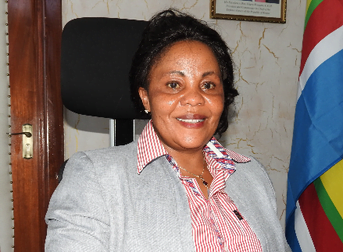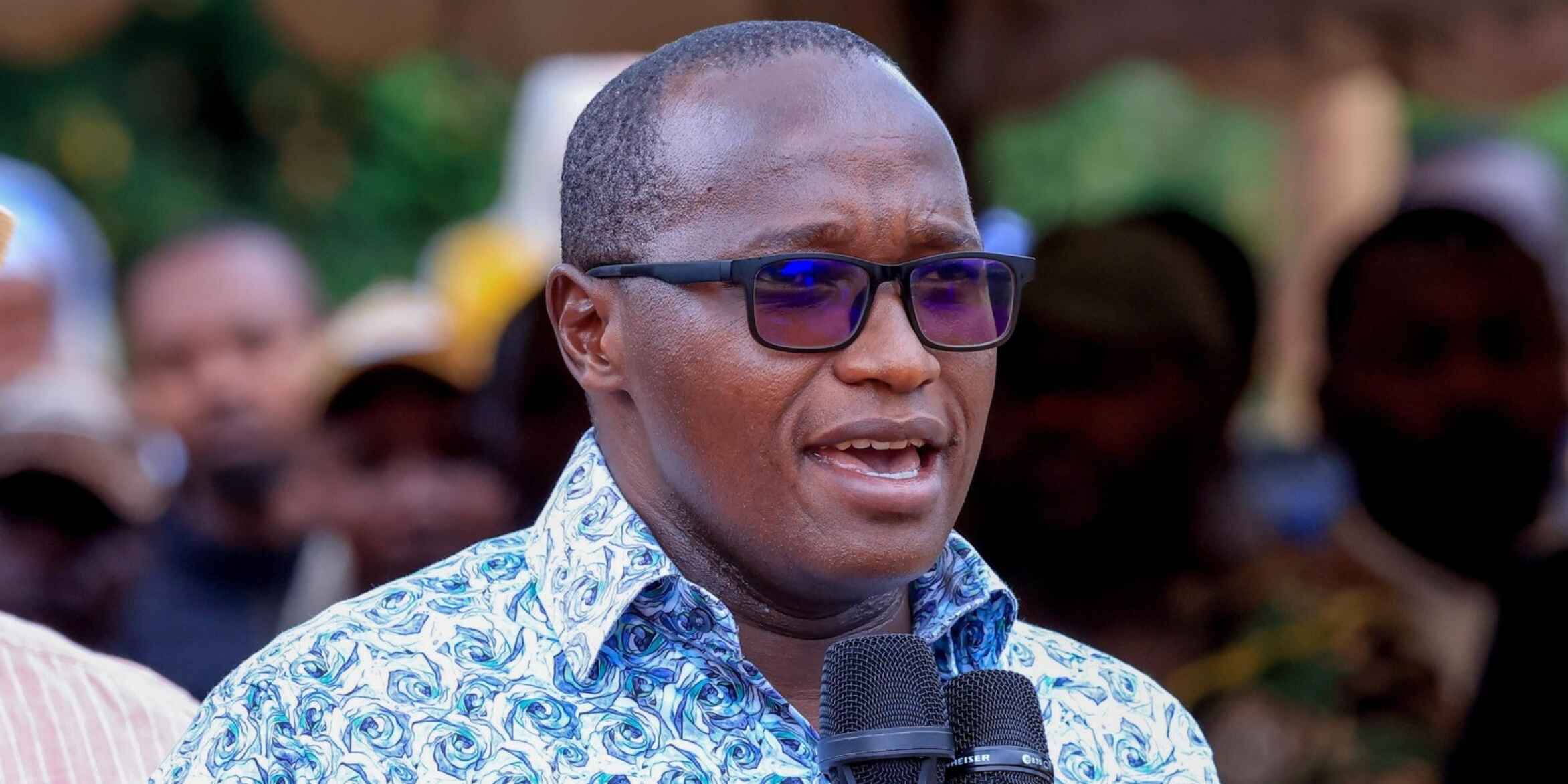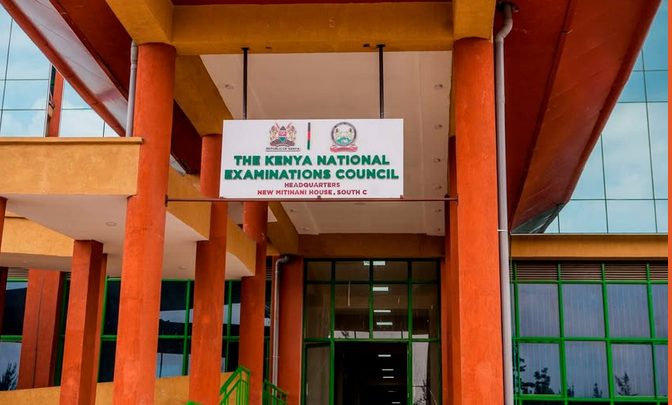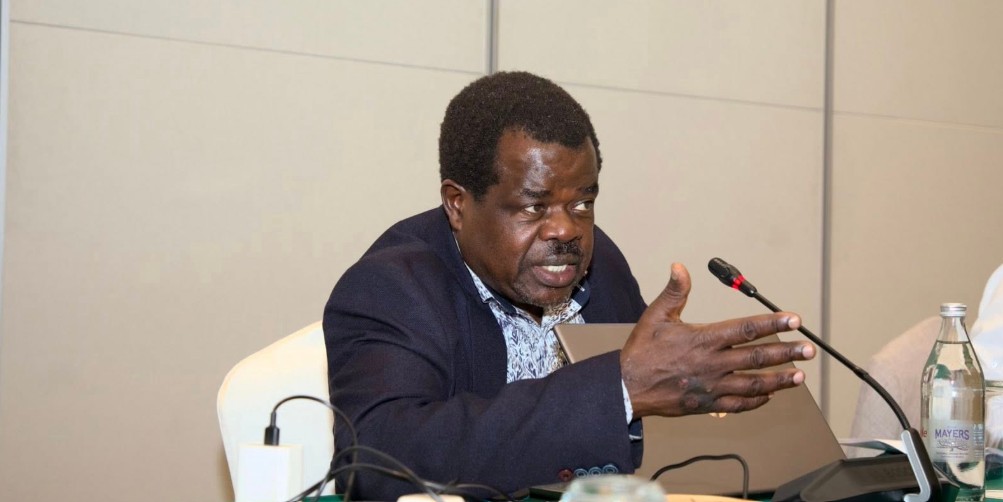By Roy Hezron
The Directorate of Technical and Vocational Education Training (DTVET) and communities have been asked to provide TVET institutions with facilities and materials required by trainees with disabilities (TWDs)
This will ensure they are trained using the appropriate facilities and materials as part of the measures of reducing the challenges they are facing.
A recent national study carried out by the Kenya Institute of Special Education (KISE) on A Situational Analysis of Inclusive Education Practices in Technical and Vocational Education Training Institutions in Kenya revealed that heads of regular training institutions had a challenge in providing service and training to TWDs because of lack of trained personnel and lack of adequate resources which were cited at 30 per cent and 29 per cent respectively.
Other key challenges identified by KISE were unfriendly infrastructure at 12 per cent, lack of awareness on disability at 10 per cent, communication challenges at 8 per cent, lack of fees at 4 per cent, absenteeism at 3 per cent, health and psycho-social issues at 2 per cent.
“The high ranking of the challenge of lack of trained personnel in Inclusive Education practices in TVET is an indicator of low uptake of training opportunities by staff in these Institutions while lack of adequate resources and unfriendly infrastructure raises the question of lack of reasonable accommodations,” reads the study report in part.
The study, whose purpose was to examine the uptake of Technical and Vocational Education by TWDs in the country, was released in May 2020. All counties with national polytechnics were selected to participate in the study and the remaining counties were randomly selected.
It was a cross-sectional study involving 11 National Polytechnics, 60 Technical and Vocational Institutes and 94 Vocational Training Centers (VTCs) covering 30 counties of Bomet, Busia, Embu, Garissa, Isiolo, Kajiado, Kakamega, Kericho, Kiambu, Kilifi, Kitui, Kwale, Laikipia, Machakos, Makueni, Marsabit, Meru, Mombasa, Murang’a, Nairobi, Nakuru, Nandi, Nyandarua, Nyeri, Samburu, Siaya, Taita-Taveta, Narok, Trans-Nzoia and Uasin Gishu.
DTVET has also been urged to offer capacity building of staff in TVETs so that the staff can be able to offer support required by trainees with disabilities.
On the other hand, the heads of special TVET Institutions identified communication challenges to be highest at 25 per cent arguing that trainees with disabilities such as those with sensory impairments, cerebral palsy and intellectual challenges have an accompanying communication difficulty and that the staff aren’t proficient in alternative communication modes to accommodate diverse trainees.
The heads of both Special Technical Institutes and heads of Special Vocational Training Centers ranked lack of adequate resources at 25 percent and argued that the allocated resources by the relevant levels of the government was inadequate.
Another problem was that in some cases, training was available but materials for course work were not available. Some institutions didn’t have functional laboratories or workshops.
Heads of special TVET institutions cited health issues at 13 percent saying many trainees with disabilities have accompanying health challenges.
Some trainees with disabilities complained that they suffered from strains while undertaking prolonged practical lessons and demanded for therapy and regular medical attention.
Psycho-social issues and lack of uniforms were both placed at 6 per cent but they were reflected as major concerns to heads of special TTIs at 14 per cent. Heads of institutions reported that low self-esteem, lack of self-confidence, withdrawal and aggression were common among trainees with disabilities.
Equally, the challenges of lack of exit strategy from college to the world of work, lack of awareness especially on matters of management of disability, lack of parental support and lack of trained personnel were each reported by heads of special VTCs at 11 per cent which was higher than the overall percentage at 6 per cent.
On challenges faced by trainees while choosing the courses in Training Institutions, the study data revealed that many of these trainees feared very demanding courses hence chose programmes that were less demanding.
The nature of examination and evaluation was also a matter of concern as was the ability to write and read the notes involved in the training.
The learners indicated that the highest barrier to them pursuing their desired courses was being constrained to certain courses deemed appropriate given the type of disability they have.
8.47 percent of the trainees said they couldn’t understand their instructors while 3.39 percent said they were influenced by the friendliness of their instructors.
An unfriendly training facility was reported 8.47 per cent as a challenge leading to trainees with disability to change their courses.
In Kenya, technical institutions are classified as National Polytechnics (NP), Technical and Training Institutions (TTIs) and Vocational and Training Centres (VTCs).
To increase provision and access to training facilities for trainees with disabilities in TVET, Special Needs Technical and Vocational Institutions (SNTVI) were established. However, most of these institutions have been established within special schools and thus are unclassified by TVETA.
The report recommends that the government should increase funding for TVET institutions for both students and infrastructure. The government should also equip technical institutions with relevant materials, equipment and devices that support the training of TWDs and organize fora to create awareness on special needs and disabilities within all TVET institutions.






